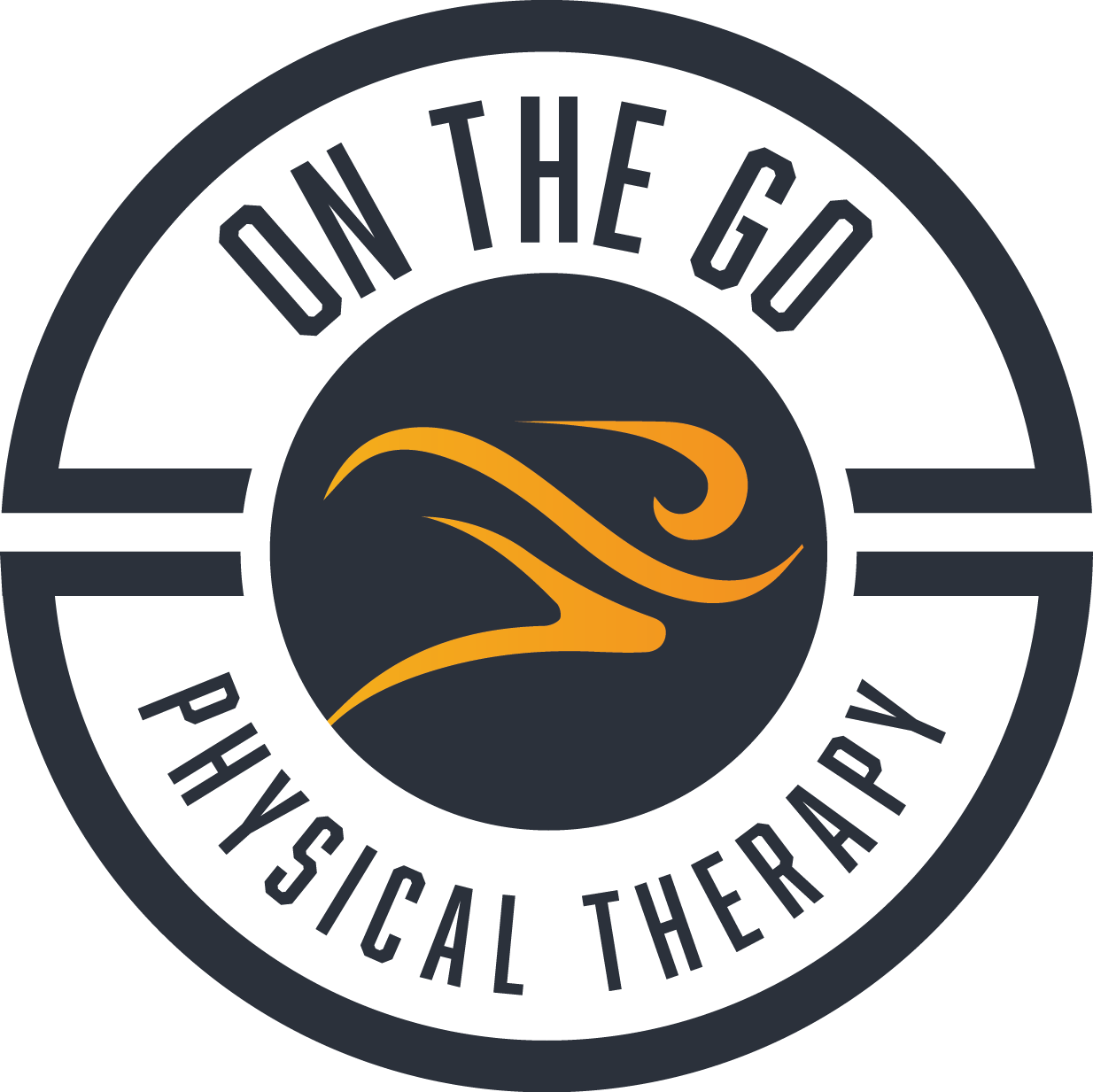Feel sluggish? Having an ache and pain that just won’t go away? Poor sleep may be to blame,as sleep is vital to health and recovery. A good night’s sleep is credited with restoring healthy brain function and physical well-being. Basically, the way you feel when you’re awake depends on how well you sleep. Disturbed sleep is often due to various stressors with the most common reported being persistent pain, depression, and/or anxiety. In fact, a recent study by the Centers for Disease Control (CDC) found more than 35% of adults are not getting enough sleep on a regular basis. The American Academy of Sleep Medicine and the Sleep Research Society recommends that adults sleep at least 7 hours each night to promote optimal health and well-being. Sleeping less than 7 hours is associated with an increased risk of developing chronic conditions such as obesity, diabetes, high blood pressure, heart disease, stroke, and frequent mental distress.
Does pain lead to poor sleep, and poor sleep leads to pain, becoming a vicious cycle? A study of sleep disturbance among chronic pain patients found greater self-reported pain intensity among those patients who rated themselves as poor sleepers (Morin 1998). It could be argued that more pain means less sleep, but the evidence points in the opposite direction. Experimental studies of healthy subjects suggest that poor sleep further exacerbates pain (Smith 2004). Sleep triggers healing and enhances tissue nutrition. Sleep helps restore balance to hormone levels, which keeps your appetite in check and strengthens the immune system. Sleep helps your brain form new pathways to learn skills and remember information, thus causing less stress. Sleep helps you make better decisions and improves your problem-solving skills. It sets the stage for improved mood and a positive outlook, so long as you wake with a good cup of coffee.
Sleep is a behavior, not an identity. Most of us have experienced some sleepless nights, but it is important not to accept disturbed sleep as the norm. Whether it’s recovery from surgery or healing from a chronic injury, sleep is a necessary element of the healing process. Once we have emerged alive and awake from the tissue trauma, the long journey ahead is far less difficult if we develop good sleep behaviors.
Looking to improve your sleep? Here are a few tips
#1: It’s tough to sleep if you’re not tired. Work up a sweat at least 10-15 minutes every day.
#2: Avoid alcohol and opiates as they are depressants. They will make you drowsy but the effect is restlessness and disturbed sleep. If you rely on any substance to sleep, consider trying some natural methods. A glass of tart juice or some chamomile tea will help relax you before bedtime. The use of aroma sticks with lavender oil has been shown to improve sleep quality in a recent study on sleep problems in cancer patients (Dyer 2016).
#3: Balanced nutrition is important to physical health and improved sleep.
Want to learn more about how sleep could be affecting your pain, lack of energy, or weight gain? Contact Travis today.
